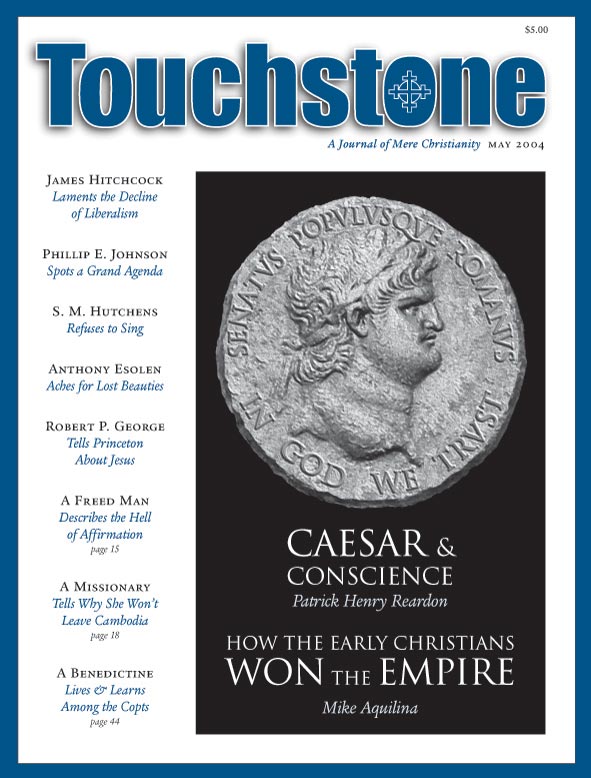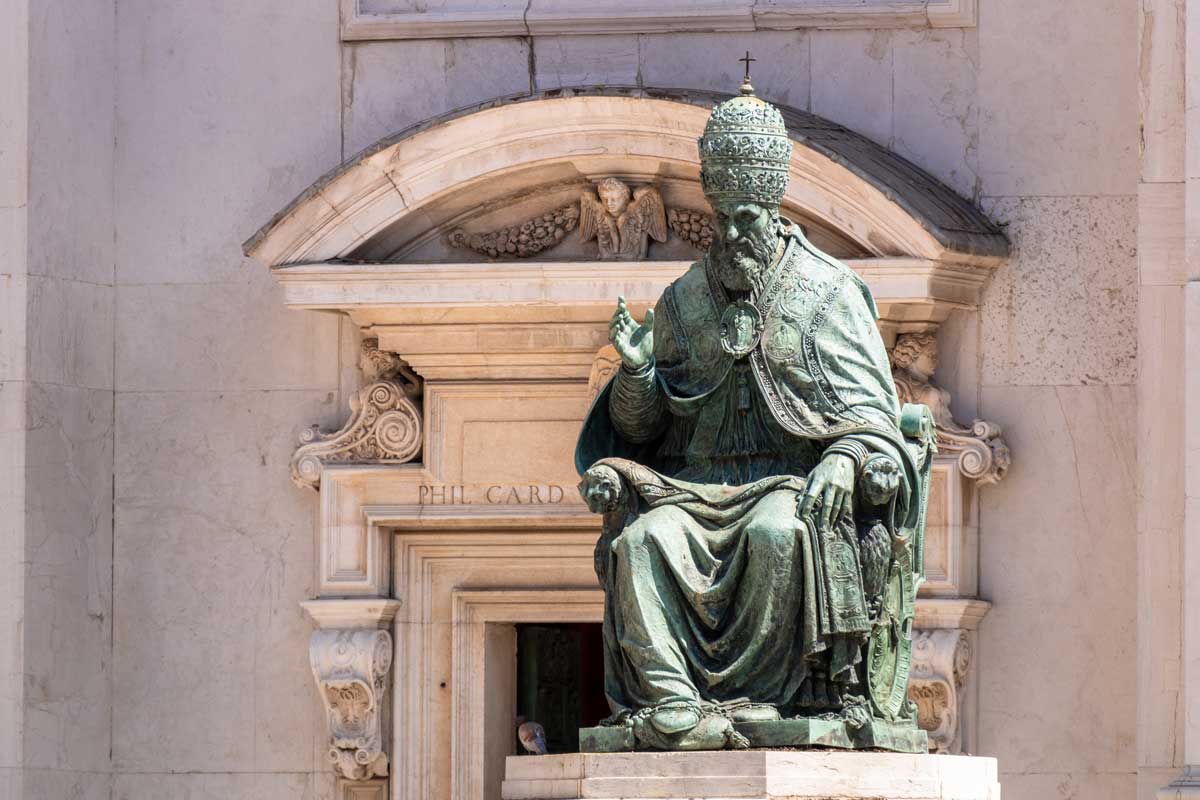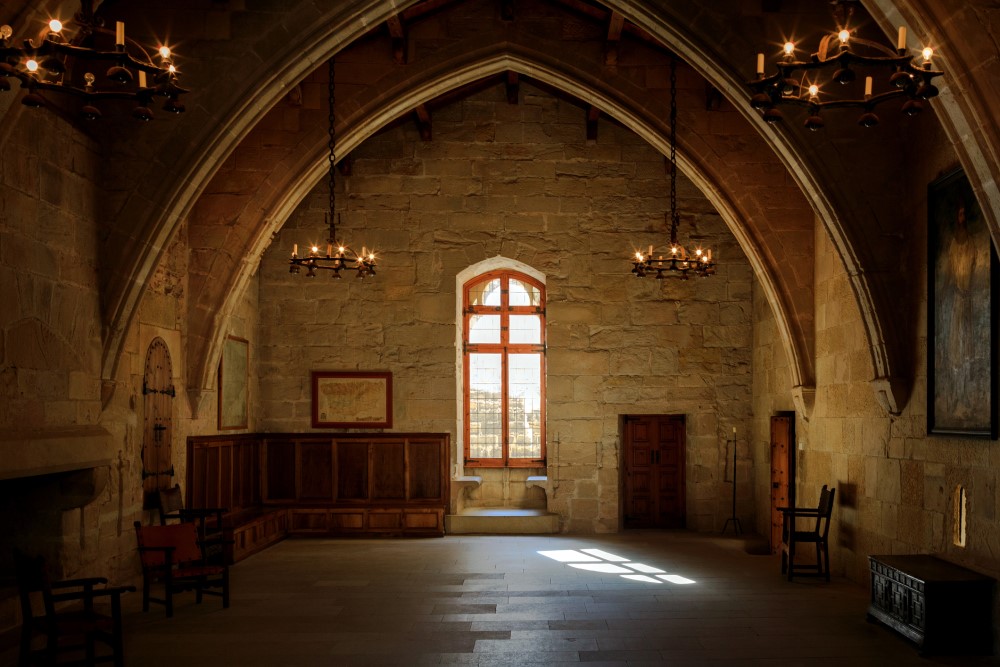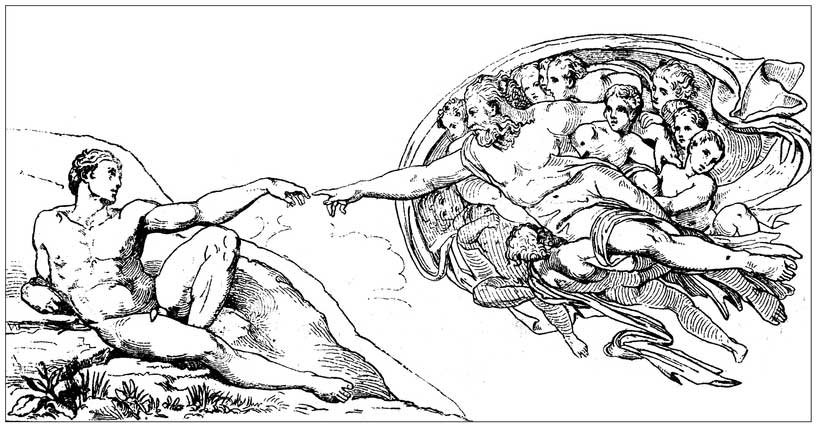Disunion of Utrecht
Old Catholics Fall Out over New Doctrines
by Laurence J. Orzell
At their November 2003 meeting in Prague, the Old Catholic International Bishops’ Conference (IBC) narrowly approved a resolution that effectively expelled the U.S.-based Polish National Catholic Church (PNCC) from the Old Catholic Union of Utrecht, for being, in effect, too traditional. A press statement issued after the meeting announced that a “separation” of the churches had occurred because the PNCC had refused “to maintain communion with those Churches of the Union of Utrecht, which have introduced the ordination of women”—i.e., those of Austria, Germany, the Netherlands, and Switzerland.
Though the principal cause of the split was the admission of women to the ministerial priesthood by several of the Old Catholic churches, the decision reflected longstanding tensions between the “progressive” majority and the PNCC over other issues, such as homosexuality and ecumenism.
The Union of Utrecht, formed in 1889, brought together the Church of Utrecht, which had split from Rome in the eighteenth century during the Jansenist controversy, and the Old Catholics of Central Europe, who refused to accept the decisions of Vatican I. By 2003, it included churches in Austria, the Czech Republic, Germany, the Netherlands, North America, Poland, Slovakia, and Switzerland. Minuscule Old Catholic communities also exist elsewhere in Europe. The Union claims to maintain the faith of the Undivided Church, but in recent years its West European members have enthusiastically embraced innovations that have no foundation in the early Church, such as women priests and the approval of homosexual conduct.
The PNCC emerged in the United States and Canada during the late nineteenth century among Polish immigrants who sought to preserve their native language and culture. Their leader, Fr. Franciszek Hodur, unsuccessfully petitioned the Vatican for concessions in these areas but was excommunicated by his bishop in 1898, and then organized the PNCC. The Polish church joined the Utrecht Union in 1907 when Fr. Hodur was consecrated bishop by the Dutch Old Catholics.
By the mid-1970s, when its original foundational principles had become less compelling, the PNCC increasingly focused upon traditional Old Catholic beliefs as the basis for its self-identity. At the very same time, however, the West Europeans had begun to modify those beliefs.
Flawed Communion
In 1976 the IBC, which ostensibly exercises authority in questions of faith and morals, issued a Declaration opposing the admission of women to the diaconate, presbyterate, and episcopate, but a campaign to overturn that policy soon began within the West European churches.
This effort partially succeeded in 1997, when the IBC essentially agreed to disagree. On the one hand, the bishops recognized that some churches would proceed with the ordination of women, although they did not—contrary to press reporting both at the time and afterwards—authorize them to do so. But on the other hand, the IBC acknowledged that this would lead to a break in communion and committed itself to reach a final decision on the existing “situation” no later than 2003.
The precise nature of any decision or solution remained undefined. The PNCC, for its part, refused to repudiate the 1976 Declaration and indicated that any attempt to admit women to the ministerial priesthood would lead to a break in full communion with churches that adopted the practice.
Laurence J. Orzell is the secretary of the doctrine commission of the Polish National Catholic Church and has served as an advisor to the PNCC?s bishops at recent meetings of the Old Catholic International Bishops? Conference. He lives in Norfolk, Virginia.
subscription options
Order
Print/Online Subscription

Get six issues (one year) of Touchstone PLUS full online access including pdf downloads for only $39.95. That's only $3.34 per month!
Order
Online Only
Subscription

Get a one-year full-access subscription to the Touchstone online archives for only $19.95. That's only $1.66 per month!
bulk subscriptions
Order Touchstone subscriptions in bulk and save $10 per sub! Each subscription includes 6 issues of Touchstone plus full online access to touchstonemag.com—including archives, videos, and pdf downloads of recent issues for only $29.95 each! Great for churches or study groups.
Transactions will be processed on a secure server.
more on Catholic from the online archives
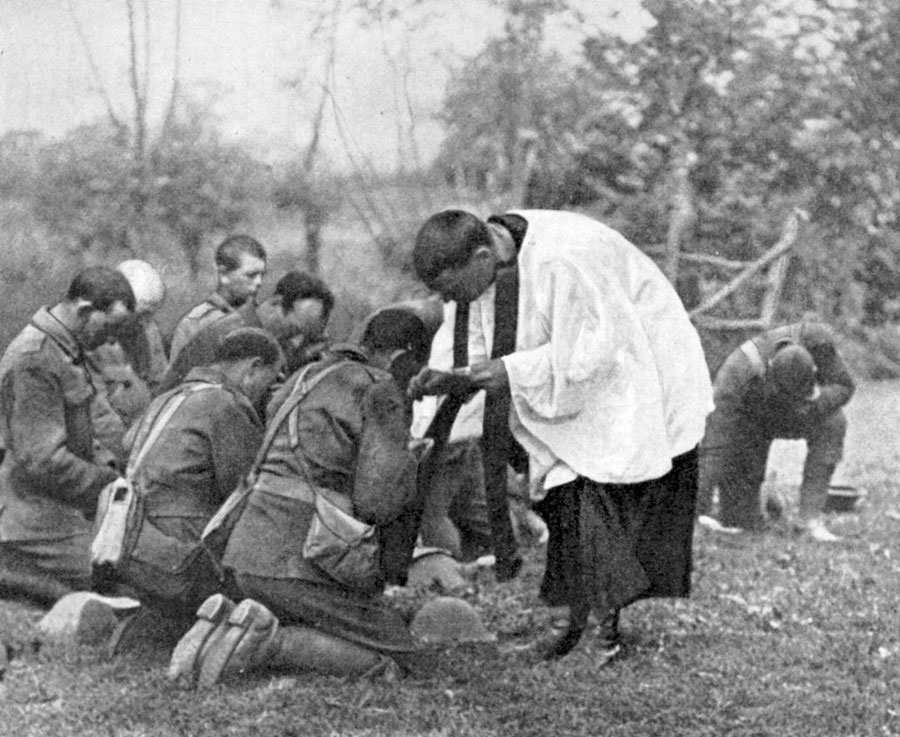
35.4—Jul/Aug 2022
The Death Rattle of a Tradition
Contemporary Catholic Thinking on the Question of War by Andrew Latham
more from the online archives
calling all readers
Please Donate
"There are magazines worth reading but few worth saving . . . Touchstone is just such a magazine."
—Alice von Hildebrand
"Here we do not concede one square millimeter of territory to falsehood, folly, contemporary sentimentality, or fashion. We speak the truth, and let God be our judge. . . . Touchstone is the one committedly Christian conservative journal."
—Anthony Esolen, Touchstone senior editor






